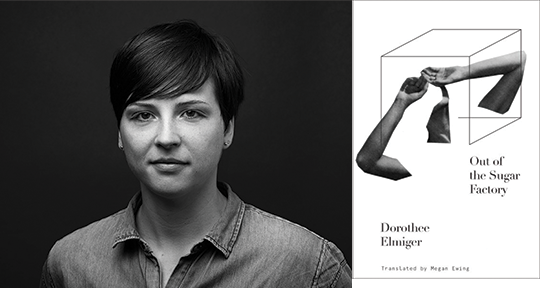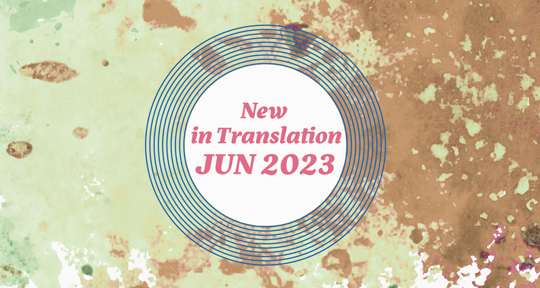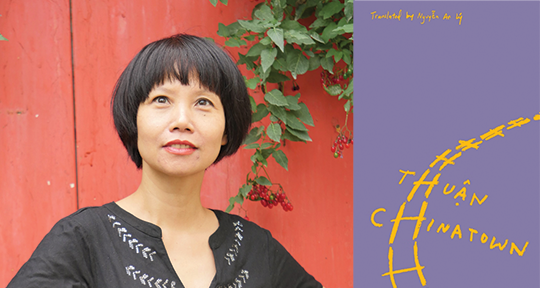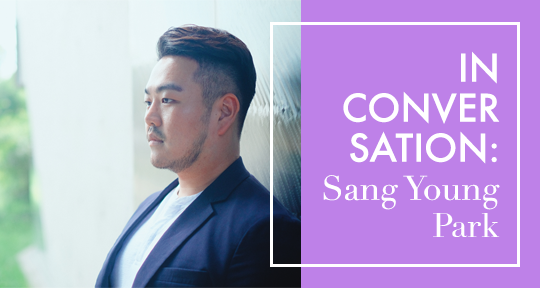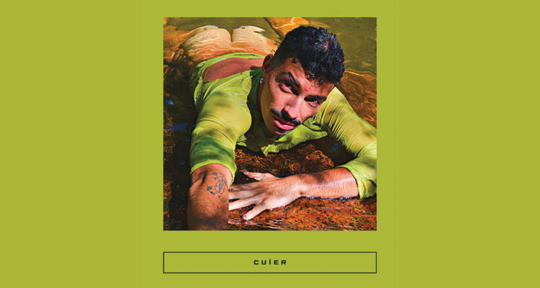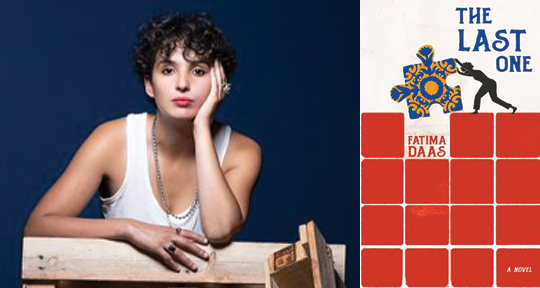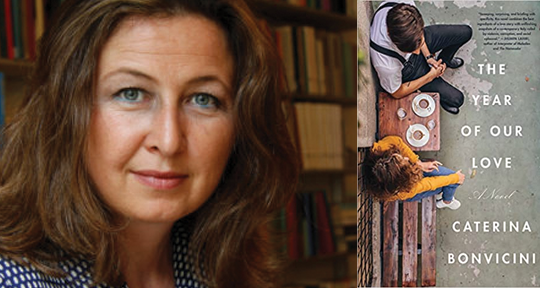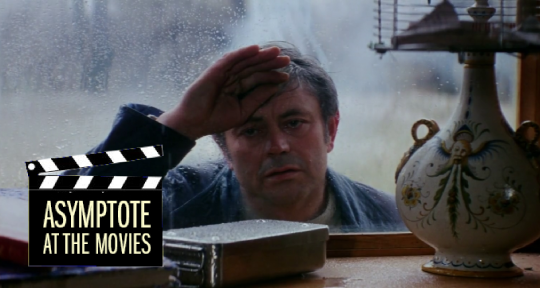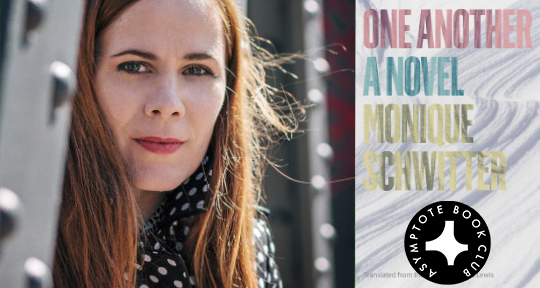This Translation Tuesday, a poem from one of the Indo-Persian masters. From the throes of a love denied, Mirza Abdul Qadir Baidel conjures cataclysms of desire and—intriguing subversion—the life-giving powers of heartbreak. The poem ranges across subjects and across geography like a river, and turns to face its creator in a thrilling final stanza, Baidel reflected in its surface, unhappy with what he sees.
I abandoned all desire—the pain of existence eased
I ceased the arrogant fluttering of my wings
my cage became an orchard full of flowers
The heat of my passion rendered this world
a flat plain. The flood of my tears made
the mountains and deserts into verdant valleys
Silence poured into my lap with the blare
of a hundred eschatons. The breath I suppressed
within my chest, gave root to a thousand reed beds
Wherever I looked, thoughts of the self waylaid me
until—this branch clad in flowers pointed me
towards the beloved’s door
O ascetic, why take such pride in your purified heart?
Whatever turns into a clear mirror simply becomes
a means for arrogance and ostentation
Love is the beginning of all sorrows. It pained
my heart so today—the flood receded in despair
finding my house already in ruins
If I rent my shirt out of my obsessive love, I will
try to hold on to the hem of my beloved’s dress. O love –
head towards the desert—see how the spring reveals itself there
Compelled by destiny—we act and speak
in helplessness and humility. Our imagination longs for
and soars towards what it cannot reach
I feel alive, electrified. Is it because I am about to lose my senses
or is it the thought of seeing the beloved? Like the mustard seeds,
the smoke rising from me betrays being burnt by a hidden fire
Baidel, once you retreated from worldly cares
saved yourself from all its snares—the world became
shrouded in shame—ashamed to show its guilty face
Translated from the Persian by Homa Mojadidi
Mirza Abdul Qadir Baidel, also known as Bedil Dehlavi, is considered one of the greatest Indo-Persian poets. He was born in Azimabad, India, in 1642 to a Muslim family who migrated from Central Asia. He was well-versed in Islamic scholarship and lived a humble life, avoiding court politics and wealthy patrons. He wrote ghazals, rubayees (quatrains), and prose. His famous works include Char Ansur, Talismi Hairat, Toor Marifat, Ruqa’at. While well-regarded in Tajikistan, Pakistan, and India, he is especially revered in Afghanistan, where a genre is dedicated to studying his unique poetics, called Baidelshenasi (Baidel studies). He is acclaimed for his simple language, unique compound expressions, literary riddles, and mystical insights.
Homa Mojadidi is an Afghan American poet and translator. Her translation work focuses on the works of Sufi poets such as Rumi, Baidel, and Hafiz. She grew up listening to the ghazals of these great poets being sung by famous singers and has been studying Persian classics like Saadi’s Bustaan and Gulistaan since age six. In her own poetry, Homa is interested in exploring the themes of loss, exile, memory, and mysticism. She is fluent in English, Farsi, and Urdu. Homa has an M.A. in English Literature from the University of North Florida and is pursuing an M.F.A. in Creative Writing with a concentration in poetry from George Mason University. She has taught English Composition and Literature classes at the University of Florida where she was pursuing her Ph.D. in Postcolonial Literature and currently teaches English Composition at George Mason University.
***
Read more from Translation Tuesdays on the Asymptote blog:


